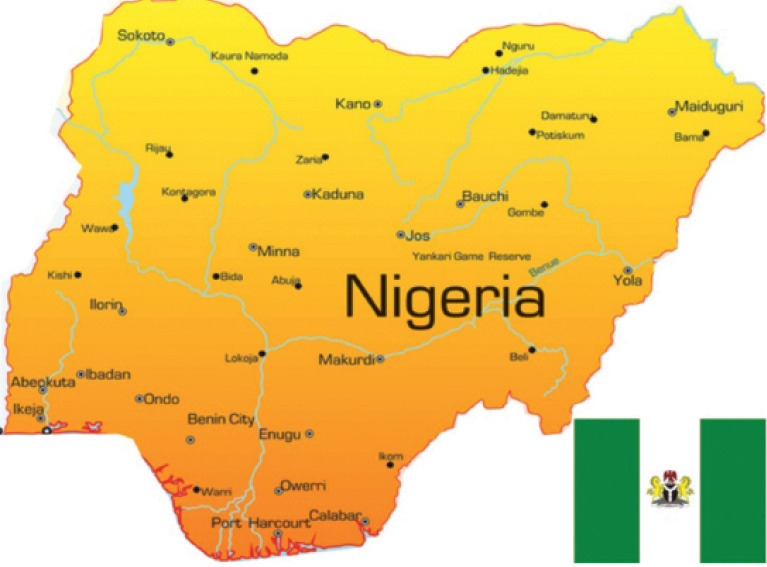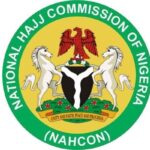The political season is in full swing now following the release of the political timetable by the Independent National Electoral Commission (INEC) which will guide the process to the general elections scheduled for next year.
As a result, the political elite and their parties have been jockeying to make their pitch in the public space with the hope of attracting the voters to support their causes. They are often seen crisscrossing the country trying to woo delegates that would determine who clinches the tickets to contest the various elective positions at the 2023 elections.
Meanwhile, Nigerians are groaning under a welter of debilitating existential issues ranging from insecurity, rising cost of living and poverty and they expect the politicians and the parties to address these challenges in their programmes.
Currently, Nigerians are coping with a double whammy of fuel scarcity and power outage. In the mix also is the strike action embarked upon by Academic Staff Union of Universities (ASUU) to press home their demands for better conditions of service for university teachers and the tertiary educational system.
To worsen matters, the prognosis from various surveys indicates that as bad as the situation is currently, things will only get worse. A recent report by the Economist Intelligence Unit (EIU) concluded that Nigeria’s economic growth will slow more than expected in 2022 as power supply issues, high inflation and expected monetary tightening hurt output. According to the report, “From an initial forecast of 3.3 per cent in February, the EIU expects real GDP growth to decelerate to 3 per cent in 2022 from 3.6 per cent in 2021.’’ The report further emphasised that the slowdown “will stem from continued erosion of household purchasing power by inflation, monetary tightening by the Central Bank of Nigeria and power supply issues with low water levels and inadequate gas supply constraining production.
By all consideration, Nigeria is now a seething cauldron of discontent manifested in the edginess of its citizens, the resort to self-help by groups on perceived grievances against the state and its institutions, intolerance, bigotry, alienation and a general state of angst. Indeed all-round the country there is a razor thin level of tolerance amongst Nigerians on the state of the country leading to a palpable state of combustible anger that all too often comes to the surface at the slightest provocation.
These and many more issues are urgent and pertinent enough for our political establishment to weave a comprehensive agenda for a robust and rigorous action programme to tackle. If for nothing, Nigerians expect that in pursuit of the noble principle of noblesse oblige, our political elite will take upon themselves to set and implement an agenda for national renaissance. At no time is this more compelling than the present time when the ship of state appears to be drifting and in dire need of a redirection to save it from a tragic fate.
It is unfortunate to note, however, that our politics is bereft of any ennobling ideas and agenda that will seize upon the challenges facing the country now and in the future. In their various political outings, none of the leading political figures or parties has offered a coherent set of ideas and action programmes to close the gap on the numerous challenges facing this country.
The chunk of the blame for this should go to the political parties. They are expected to be the incubators of the direction of the political tendency of their members and of the sectors of society they purport to represent. In this regard, the parties are to tutor and task their political figures seeking elective positions to present its ideas and agenda in the political arena. What we see, however, is that political parties have been reduced to mere convenient political vehicles for seeking and bargaining for political power among the Nigeria political elite with little or no regard for the national interest.
All too often when confronted with the question or demand for their political agenda for Nigeria and Nigerians, the political parties will present an elaborate publication of its manifestoes and principles. But the reality is that in structural terms and in pursuit of ideas, the political parties have not been up to scratch.
Without mincing any words like many Nigerians, we believe that the absence of agenda-based politics robs the country of the one essential vehicle that will advance the cause of national development. Among the many ills that this has fostered is the disturbing tendency by our political elite to try to seek their own personal comfort and convenience at the expense of the country. Nigerians simply have lost confidence in the ability of the political class to face up to the current challenges facing the country. Hence it is no surprise that there is general political apathy in the country.
As we transit to the 2023 general elections, we call on the political elite and their parties to hearken to these warning signs and do the needful for both our present and our future. We call on the electorate to also act wisely; scrutinise every candidate carefully to ensure that only the best gets into office. We must not bungle this opportunity.

 Join Daily Trust WhatsApp Community For Quick Access To News and Happenings Around You.
Join Daily Trust WhatsApp Community For Quick Access To News and Happenings Around You.


